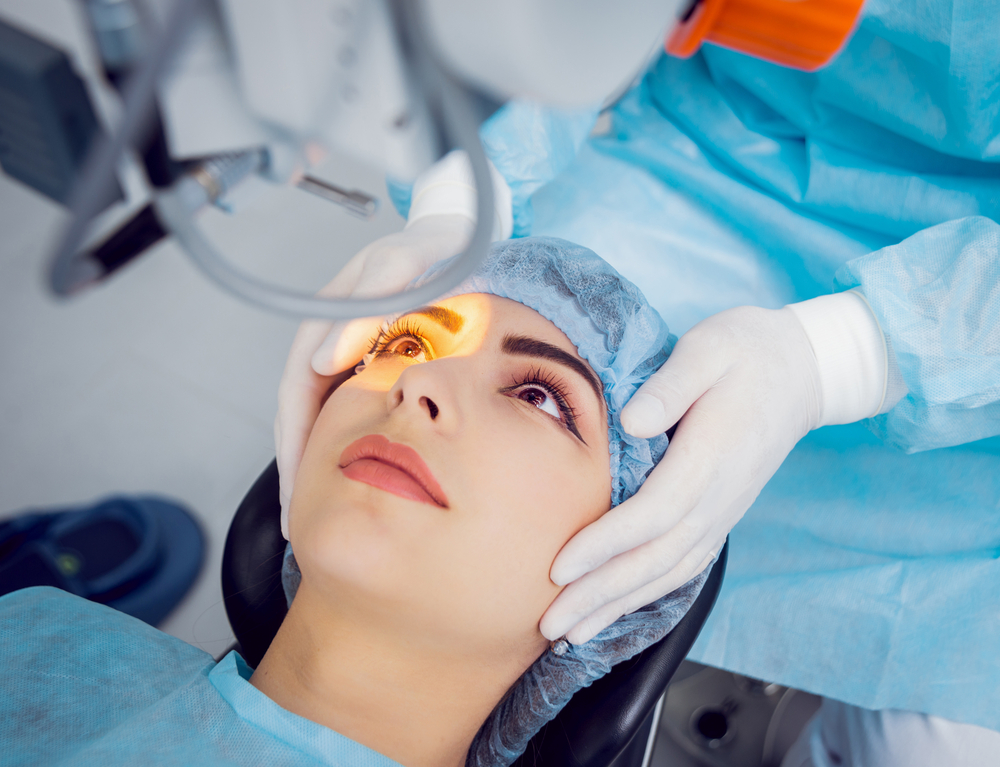Contents:
- Medical Video: Kidney & Bladder Health : How to Treat Frequent Urination
- Why do I want to urinate continuously?
- 1. nervous system abnormalities (neurological disorders)
- 2. Nerve damage
- 3. Urinary tract infection (UTI)
- 4. Blockage in the bladder
- 5. Pregnancy and menopause
Medical Video: Kidney & Bladder Health : How to Treat Frequent Urination
The urge to urinate continues to be known as the overactive bladder or overactive bladder (OAB). This condition is quite troublesome because the feeling of wanting to urinate continuously without knowing the situation and sometimes can not control. Actually, what causes the bladder to become too active and sensitive? Find out the answer in the following review.
Why do I want to urinate continuously?
The bladder is the sac where urine is produced by the kidneys. When urine is full, the muscles around the bladder will contract, stimulating the nerves to send signals to the brain. Then, the brain will translate the signal and instruct you to hurry to the bathroom.
However, in people with certain conditions, the bladder often has problems, which often contract accidentally. In fact, the collected urine is not full and ready to be pushed into the urethra to be removed. This condition shows the bladder is too active, making you want to urinate continuously.
Reporting from the Health Line page, involuntary bladder muscle contraction is indeed the main cause you want to urinate continuously. However, some conditions can also cause the overactive bladder to be part of the symptoms, such as:
1. nervous system abnormalities (neurological disorders)
Some nerve problems that cause OAB include:
- Parkinson's disease (a progressive disorder of the nervous system that affects mobility)
- Multiple Sclerosis (immune system problems that affect nerve cells in the muscles and spine)
- Stroke (disruption of brain function due to blocked or insufficient blood intake)
2. Nerve damage
Some conditions that cause nerve damage so that the OAB can occur, including:
- Complications of diabetes that have damaged nerves (diabetic neuropathy)
- Children born with neural tube defects
- There is an infection in the brain or spinal cord
- Trauma in the back, pelvis or stomach due to injury or surgery
3. Urinary tract infection (UTI)
UTI can increase bladder muscle activity, which triggers a sense of urination continuously. Other symptoms include pain and a burning sensation when small.
4. Blockage in the bladder
The presence of stones, prostate enlargement, or tumors in the bladder can stimulate bladder muscle contractions. This causes the feeling of wanting to urinate more often, but the flow of urine released is very slow or weak.
5. Pregnancy and menopause
The presence of a fetus in the uterus puts pressure on the bladder. This pressure stimulates the bladder muscle to contract and push the urine out. The condition causes pregnant women to urinate frequently and sometimes cannot be controlled.
In addition to pregnant women, women who experience menopause will also experience OAB. The decreased level of the estrogen hormone causes the bladder and urethra muscles to weaken. This condition causes the urge to urinate without being able to be controlled.












